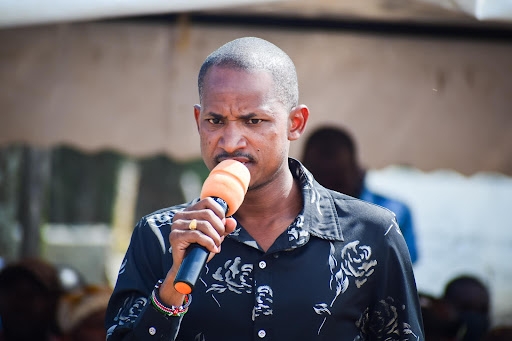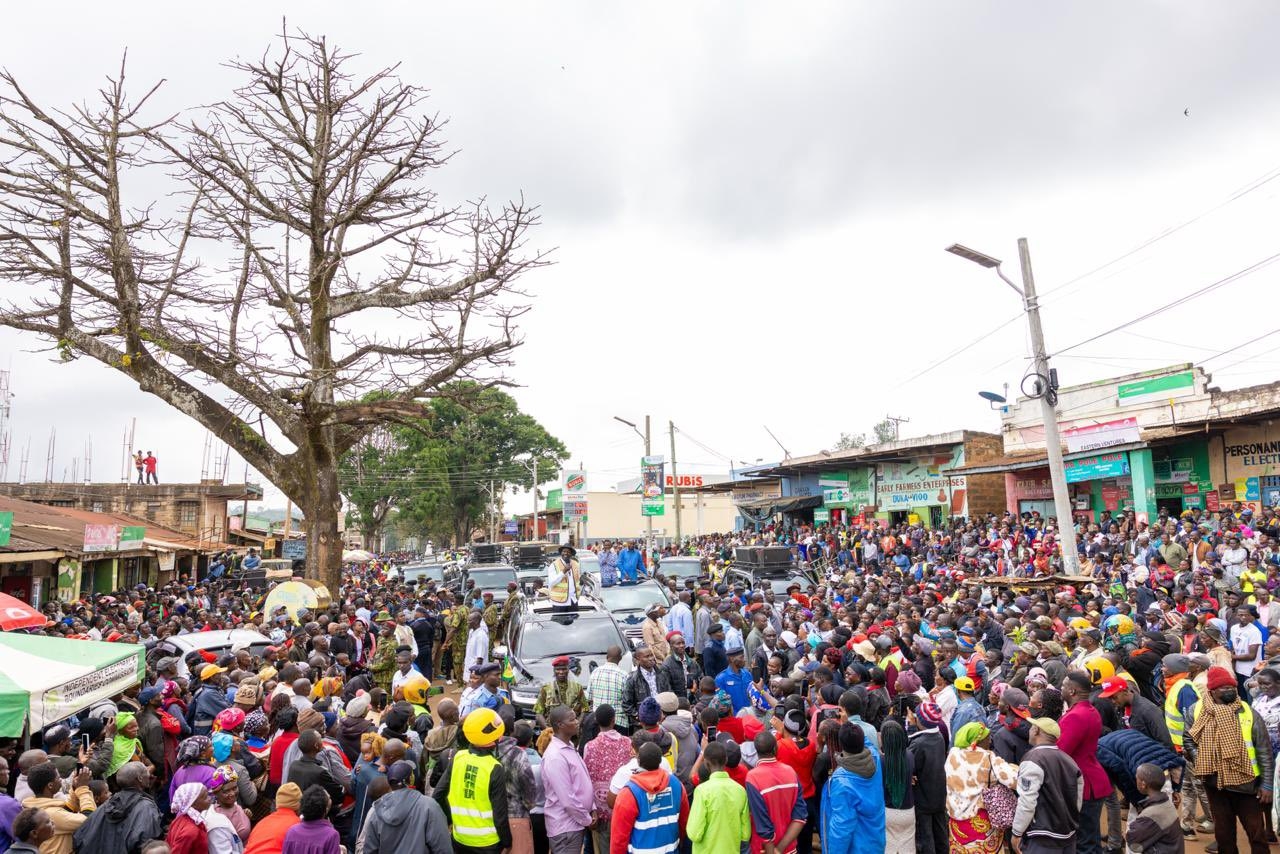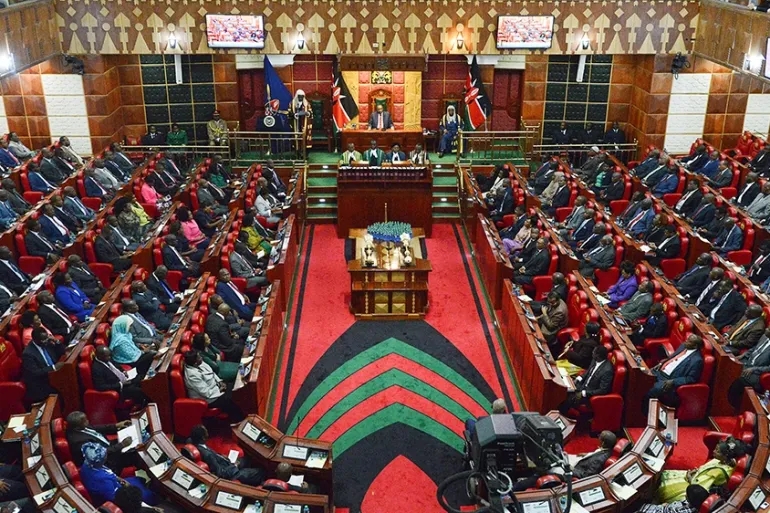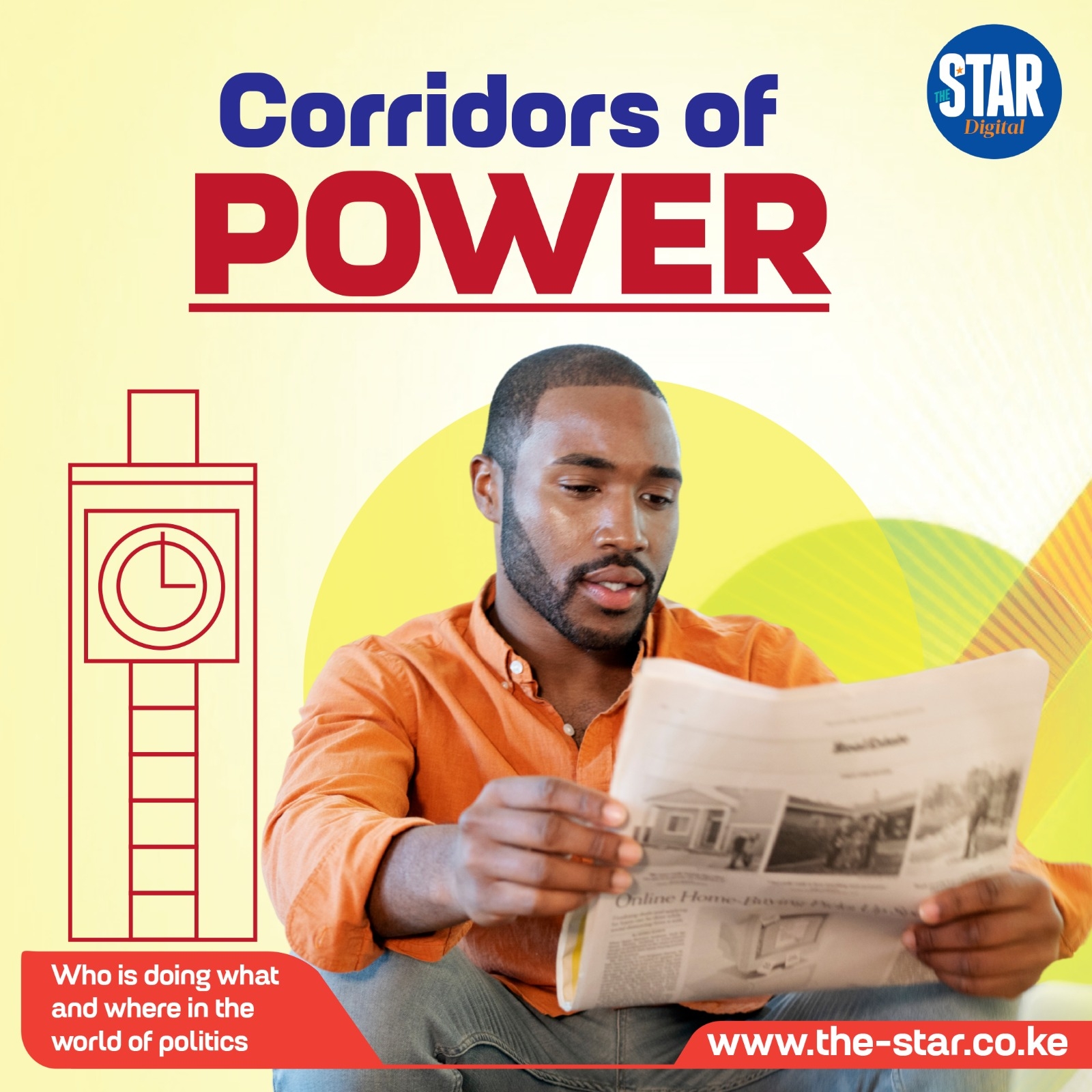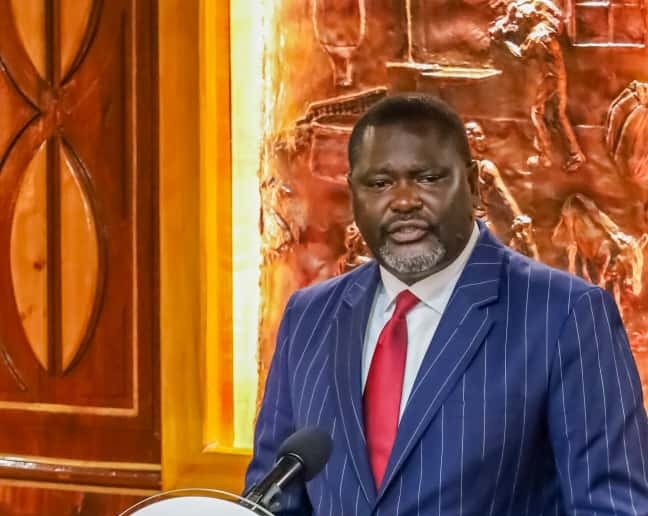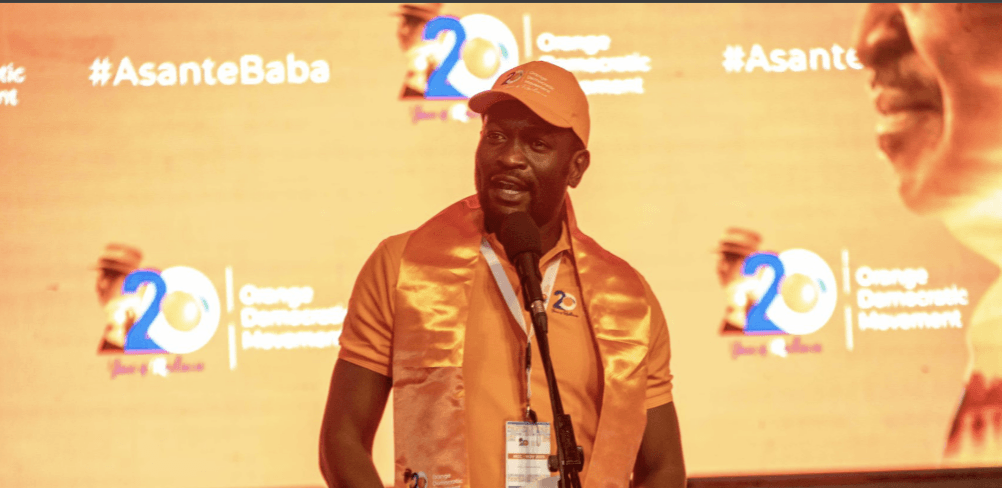
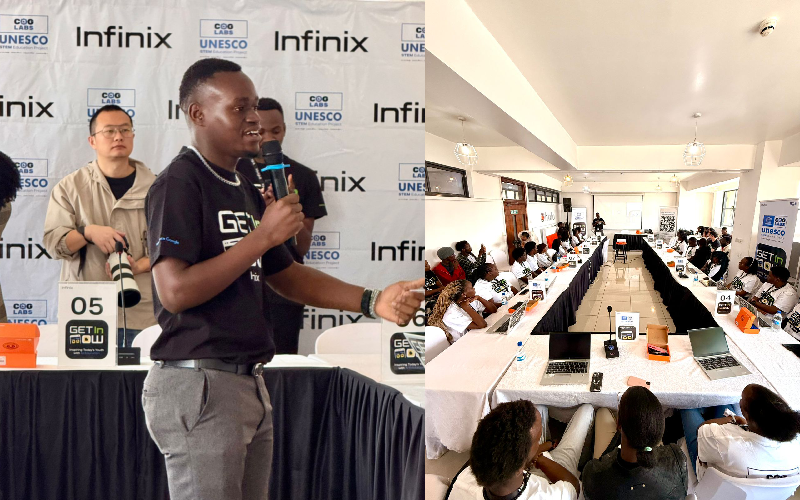
More than 20 university students gathered in Nairobi on
Tuesday for the second edition of the CogLabs UNESCO Robotics Workshop, an
initiative designed to make robotics and artificial intelligence (AI) education
more accessible through mobile-first technology.
The workshop, held in partnership with UNESCO, Infinix, and
Kenyan innovation firm Qhala, challenged students to build, code, and train
robots using open-source kits, repurposed smartphones, and tools such as Scratch
and Teachable Machine.
By relying on mobile devices and 3D-printed components,
CogLabs eliminates the need for expensive desktops or high-end lab equipment, a
move aimed at making STEM education more inclusive across Africa.
“You actually have the chance to build something, not just
for Nairobi, not just for Kenya, but for Africa and for the world,” said Asha
Mweru, Strategy Lead at Qhala, during her opening address. “I hope to see the
next Ironman or Star Wars created by someone who started right here.”
Now in its second year in Kenya, CogLabs Robotics Workshop
2.0 featured sessions on AI fundamentals, machine learning model creation,
Scratch coding, and responsible AI design.
The highlight of the event was the E3bot robotics challenge,
where students applied their learning to create functional robots.
Participants were also encouraged to share their projects
and personal stories via social media, celebrating innovation driven by local
context and creativity.
Infinix used the
platform to underline its commitment to youth empowerment through accessible
technology.
“Our mission is to provide accessible tech solutions for
every Kenyan,” said Stephen Otieno, Infinix PR Lead.
“That includes embedding AI tools into our smartphones to
help people create, connect, and innovate.”
The event also featured Joan Nadal, founder of E3bot, who
shared his personal journey of building a robot for his daughter, a moment that
sparked a global movement.
“We’ve trained more than 3,000 teachers and reached over
20,000 students in 35 countries,” Nadal said.
“This project is
about more than robotics, it’s about building a global community of makers who
use technology to solve real-world problems.”
Nadal, who led the first Nairobi workshop in 2023, said this
year’s edition reflects UNESCO’s growing commitment to inclusive STEM education
across Africa, especially through mobile-first learning strategies that reach
underserved youth.
The CogLabs initiative is part of a broader global push to
democratize access to advanced technologies, with a particular focus on
developing nations.
Organisers hope the
workshop will inspire a new generation of African innovators to shape the
future of robotics and AI from the ground up.




